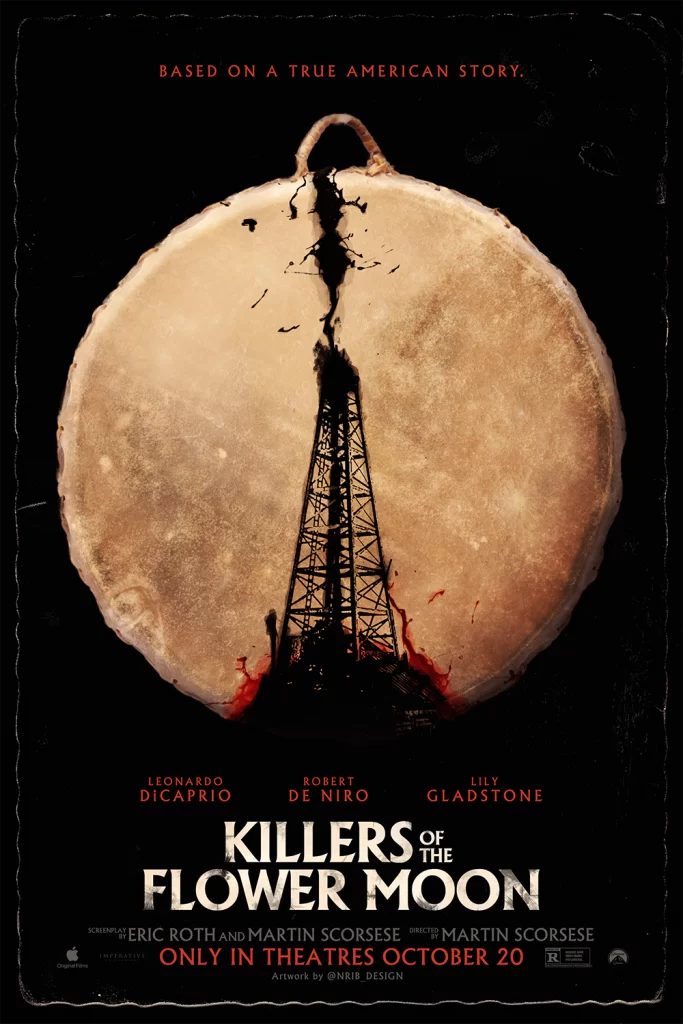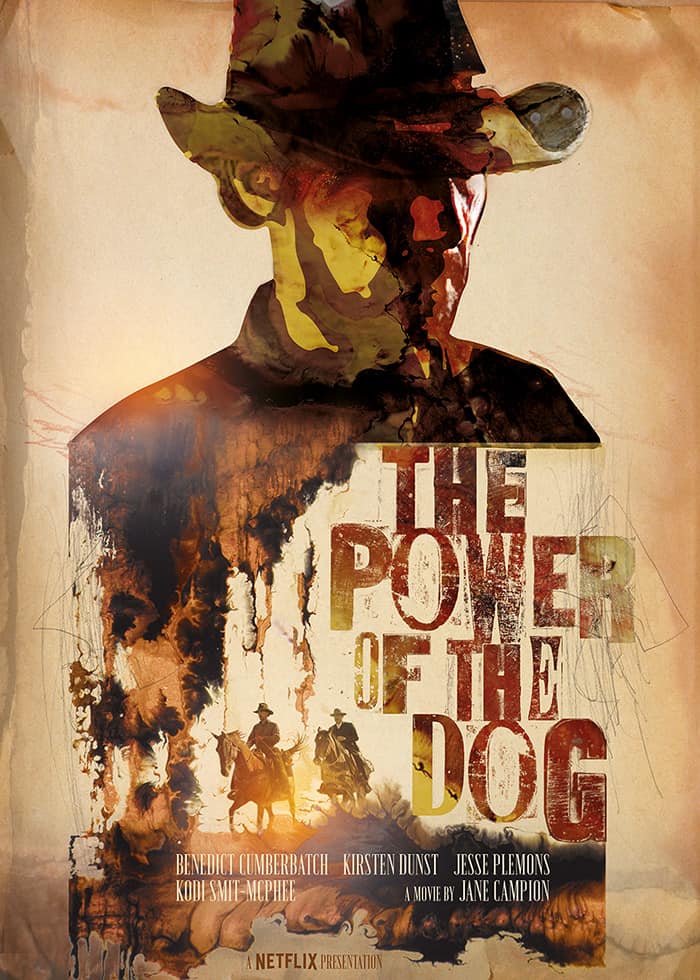The Oscars are tonight (March 10), marking the end of awards season. At this point, the winner of the best original score seems certain, but nothing ever is. At the very least, we can celebrate that score (Ludwig Göransson’s Oppenheimer), three first-time nominees, and one nominee that continues to break Oscar records.
Assuming Oppenheimer wins, it’ll be the fifth year in a row that the same score has won at the BAFTAs and the Oscars, and the tenth out of the last eleven years. I’m always hoping for an upset, in part now because it simply seems so rare; this consistency in score winners has been an intriguing phenomenon. The one really surprising thing about this year’s Oscars is the lack of Daniel Pemberton’s score for Spider-Man: Across the Spider-Verse…
Read on to find out a little bit about each score, and be sure to check each out as they’re all worth a listen. Don’t want to read? Scroll to the bottom to listen to me talk about these and the Oscars instead.
Nominees:
- Killers of the Flower Moon – Robbie Robertson (Interview)
- Oppenheimer – Ludwig Göransson
- Poor Things – Jerskin Fendrix (Interview; Review)
- American Fiction – Laura Karpman (Interview)
- Indiana Jones and the Dial of Destiny – John Williams
KILLERS OF THE FLOWER MOON: Robbie Robertson’s first Oscar nomination – and I believe the ninth posthumous score nomination ever – also comes from arguably his best score. With Killers of the Flower Moon, Robertson upends and subverts what we think of as a “western” score, taking familiar sounds and tropes and spinning them on their head. He gives native history a voice, and it’s one that sings in glory and in rage, a great triumphant apex ripped down by greed and malice and hate. A win here would be a great posthumous honor for Robertson’s illustrious career, including with The Band as well as across decades working with Martin Scorsese.

OPPENHEIMER: At this point, Ludwig Göransson is a household name, having safely broken out of the confines of fame relegated solely to film circles. This is his third Oscar nomination , second for score, and now, he’s the odds-on favorite to win a second Oscar, this time for his score to Oppenheimer. In my view, it’s one of the rare times where a wall-to-wall score greatly enhances the film, rather than sucking the life from it. Göransson’s score fully propels the film, making three hours of scientists talking and court hearings seem like the most riveting thing put to film. It’s energizing, breathtaking, relentless. The score is completely anachronistic, and yet given that the film’s subject matter is still so technically complex, it feels right at home; if the anachronism felt jarring, you’ve simply watched Oppenheimer wrong.
POOR THINGS: Jerskin Fendrix has set the film world alight with his first feature score, Poor Things. Listened to on its own, Fendrix’s score feel like something from another world, with bizarre sounds emanating from what are sure to be instruments not yet invented. It doesn’t simply push boundaries, it’s certainly too out there for many listeners. Yet when you hear it in context, it fits completely. Sonically, it’s the perfect companion to Yorgos Lanthimos’s steampunk-fantasy-alternate history film, giving an appropriately odd sound to this odd world. But when you dig beneath the aesthetics, you discover that it also tracks the emotional, spiritual, and humanistic growth of Emma Stone’s Bella Baxter, maturing alongside her in new instruments, colors, and complexity. Fortunately, Fendrix has told me he hopes to score more films, so this shouldn’t just be a one-off score.
AMERICAN FICTION: Laura Karpman is the third first-time nominee of the group, and I believe only the fifth woman nominated for dramatic scoring ever. Karpman has a deep jazz background, and American Fiction gives her free reign to explore the genre and experiment with incorporating it into film (with a main character nicknamed Monk, how could she not?). It’s a great result, with both very recognizable, fitting themes as well as a consistent feeling of improvisation and freedom, merging these two seemingly conflicting concepts with exceptional grace. Karpman has developed quite a strong catalog at this point, so it’s nice to see her finally getting some broader recognition. While many folks claim not to care about the Oscars, it’s things like this that do make them important.
INDIANA JONES AND THE DIAL OF DESTINY: What’s there left to say about John Williams? This is his fifty-fourth nomination (three of which came from prior Indiana Jones films, with Crystal Skull missing), with five wins already under his belt. He’s the most nominated musician/composer in his, has the most nominations of any living person, and (I believe) has more nominations than anyone not named Walt Disney. Dial of Destiny is a bit of a surprising nomination, given that it missed out on nominations almost everywhere else, but it’s also hard to go wrong including Williams. This is one for the traditionalists, with big, classical scoring that revives some iconic themes and introduces a few new ones, namely the absolutely gorgeous “Helena’s Theme”. It sees Williams using familiar music as a way to interrogate age and weariness, something we don’t expect from Indiana Jones, but perhaps something that’s nonetheless overdue.



